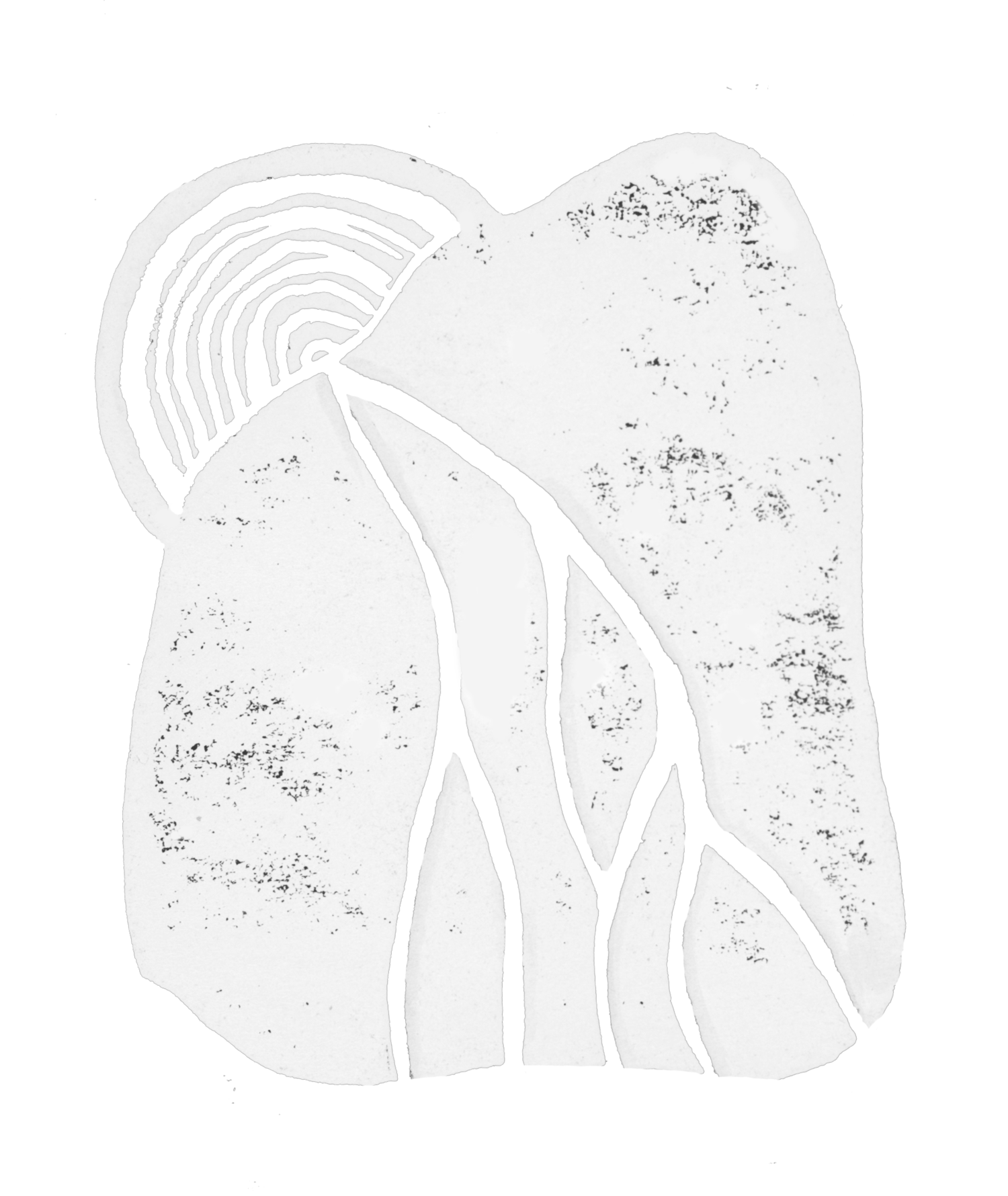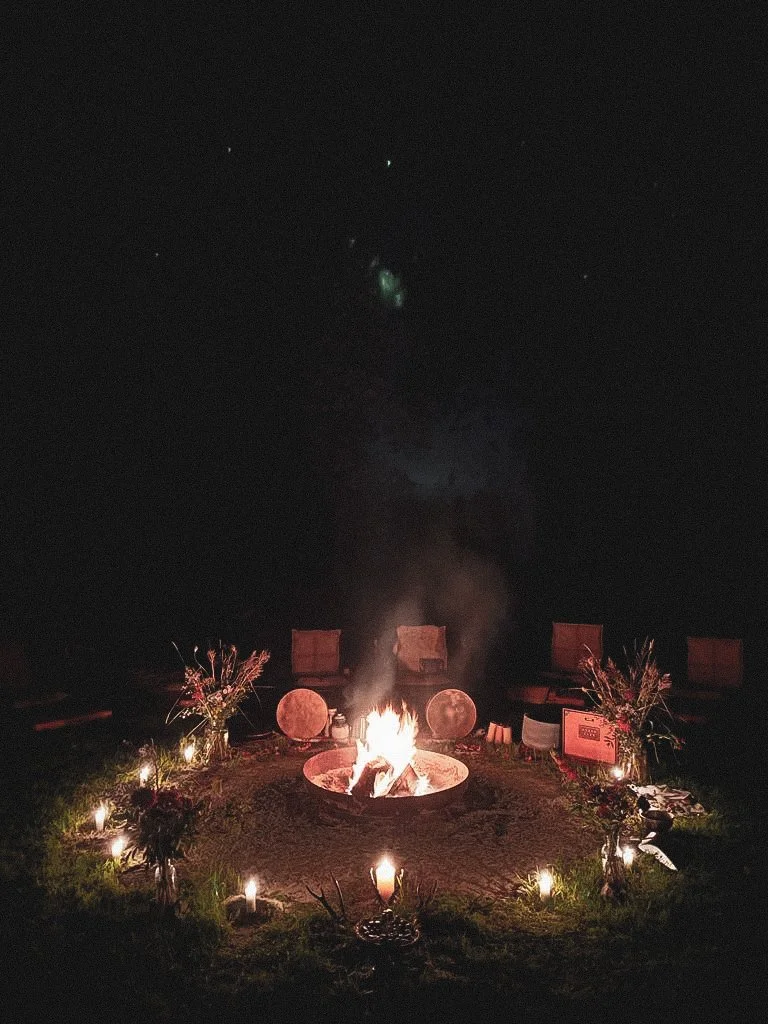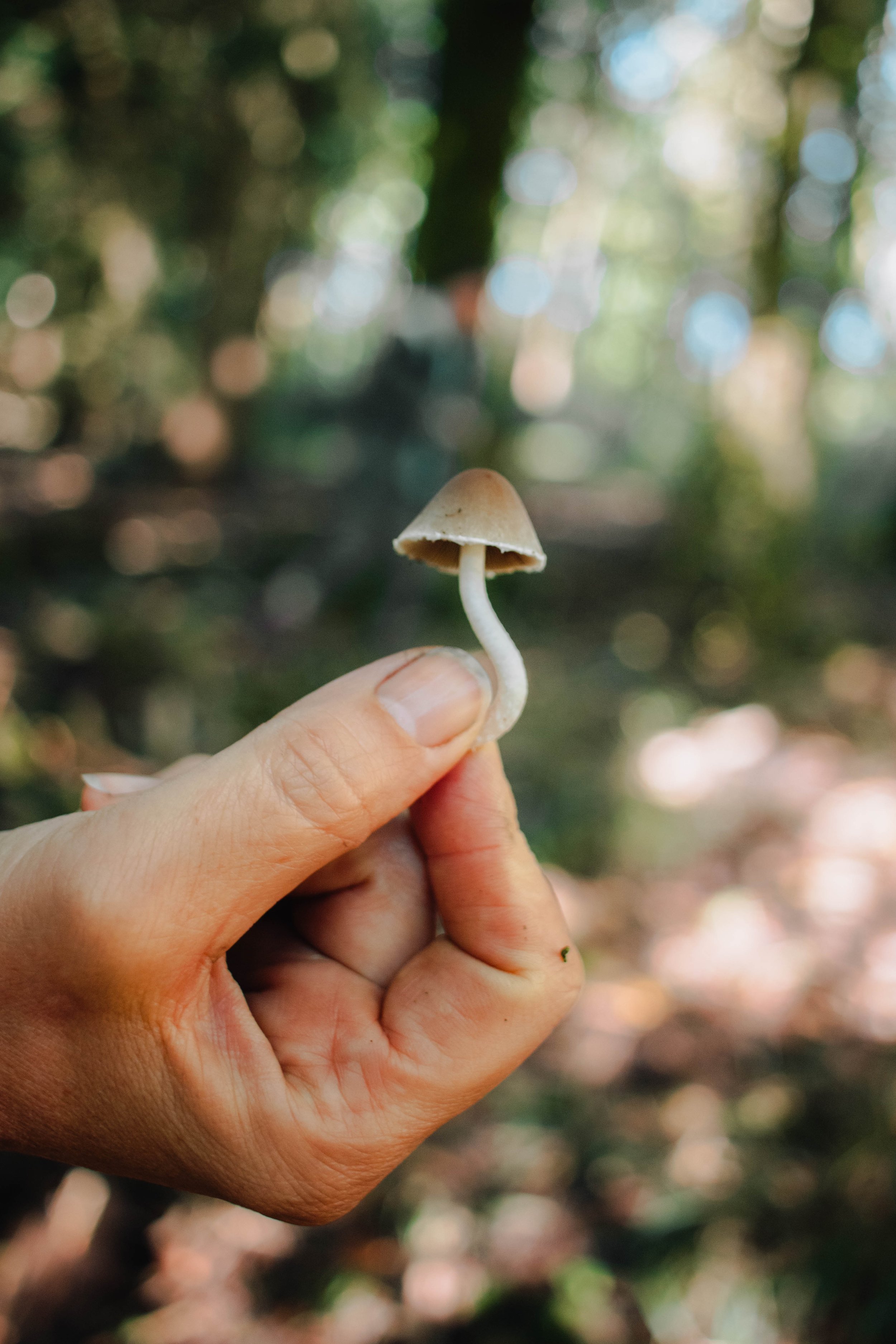
column
Mushrooms and Meaning: Reclaiming the Psychedelic Discourse
Words by MIGJEN HASANI
This column offers reflections following Dr Andy Letcher’s podcast with us.
A recurring special guest on our year-long Deepen Your Roots programme and the Rooted Healing podcast, Dr. Andy Letcher has spent years exploring the layered histories and meanings of psychedelics. His work challenges the ways we think about and speak of psilocybin or other “magic” mushrooms. Before the psychedelic renaissance took off, Andy highlighted how language shapes both perception and experience, offering a profound reimagining of our relationship with the fungi that bridge worlds.
Mushrooms, those quiet architects of life beneath our feet, have long inspired wonder and curiosity. Yet the frameworks we use to understand them - as well as other psychedelics - often constrain more than they reveal.
Drawing on the Foucauldian idea that language both describes the world and constructs it, Andy explores how dominant Western discourses have reduced psychedelics into rigid categories. These narratives shape not only how we interpret our experiences but also what we notice in the first place.
The pathological discourse, for instance, casts psychoactive mushrooms as poisons that disrupt the body’s natural order. Psychological narratives, while more constructive, frame them as “tools” for self-discovery or therapeutic healing. The prohibitionist perspective dismisses them entirely as dangerous and illicit. These frameworks, shaped by a deeply materialist worldview, allow little room for the subtleties, mysteries and relational invitations that mushrooms offer.
“If you were to rock up in A+E on a bad trip, the diagnosis would still likely be poisoning,” Andy notes, a reminder of how entrenched these narratives remain.
explore embodied deep ecology
In contrast, there are also resistive discourses, which offer alternative frameworks for understanding. The recreational discourse embraces joy and transgression; the entheogenic frames psychedelics as sacred; forces of divine encounter. Yet it is the animistic discourse that most directly challenges Western materialism. Animism, he explains, sees the world as “full of persons, only some of whom are human,” and proposes that mushrooms are not inert objects but active agents — teachers or guides with whom we can engage. This is, of course, the worldview of indigenous healers working with such mushrooms. They are in a relationship with entities in the realms of collaborative healing, whether for one person or for a whole village of human and non-man persons.
This shift from validation to relationship is transformative. As Andy pointed out on our podcast:
In animistic traditions, the question is not whether the beings encountered during a psychedelic journey are “real”, but rather: What do they have to teach us? The animistic perspective invites us to enter a reciprocal exchange with the world, one that requires respect, humility and presence.
Beyond the discourses themselves, Andy speaks of the importance of leaving space — gaps where meaning can unfold rather than be imposed. He shares the story of performing music at Oxford’s May Day celebrations, where an improvised act of playing in costume became, over the years, something others began to call “traditional”. In that gap, people brought their own interpretations, allowing the ritual to come alive. Andy reflected that:
“The best rituals are like catalysts for the imagination. They draw you in, leaving space for you to find your own meaning,”
explore our ceremonial gatherings + psychedelic retreats
This openness, this willingness to listen and engage, is at the heart of what mushrooms and other psychedelics seem to ask of us.
To embrace this fully requires a willingness to step outside the frameworks we have inherited. When psychedelics are framed narrowly as therapeutic tools or chemical keys to the psyche, we risk missing their broader, wilder invitations.
As Andy put it, “What we’re talking about here is a change of attention — a listening quality to the world, where we’re truly listening.”
Mushrooms challenge us to see ourselves not as separate from the more-than-human world but as participants in a web of relationships that is vibrant, alive and deeply interconnected. To work with them is not necessarily to seek answers, but to cultivate a way of being that honours the reciprocity of all relationships. It is slow work, unfolding through presence, reflection and what Rooted Healing founder Veronica would call “porous practice” — a receptivity that cannot be rushed, only tended. The mushrooms, it seems, are waiting for us to listen.
You can listen to Veronica and Andy discuss these themes on the Rooted Healing podcast.
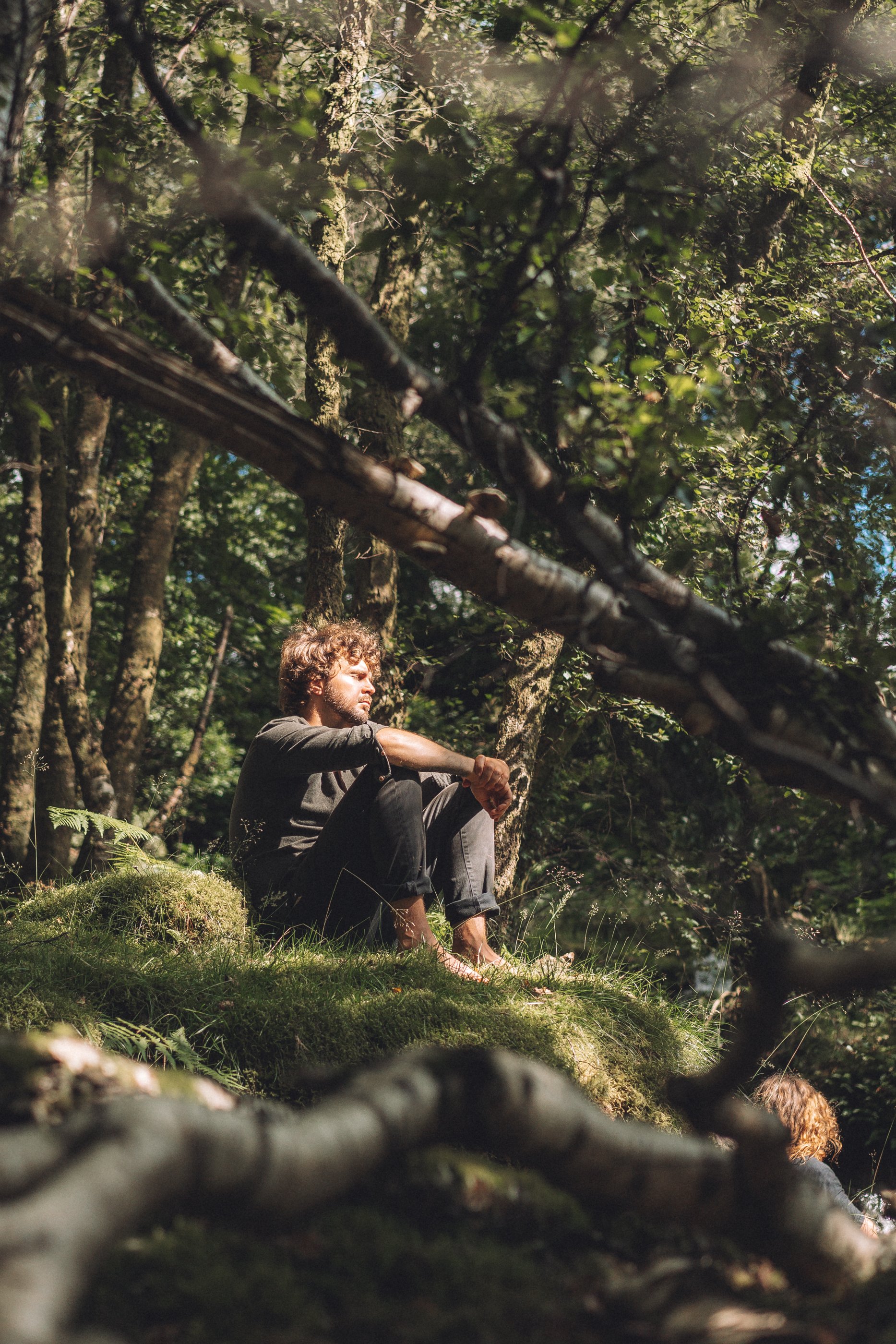
An embodied exploration of belonging and becoming, weaving deep ecology, culture and spirituality.
Save your spot on our pivotal year-long slow study.
more from our journal
